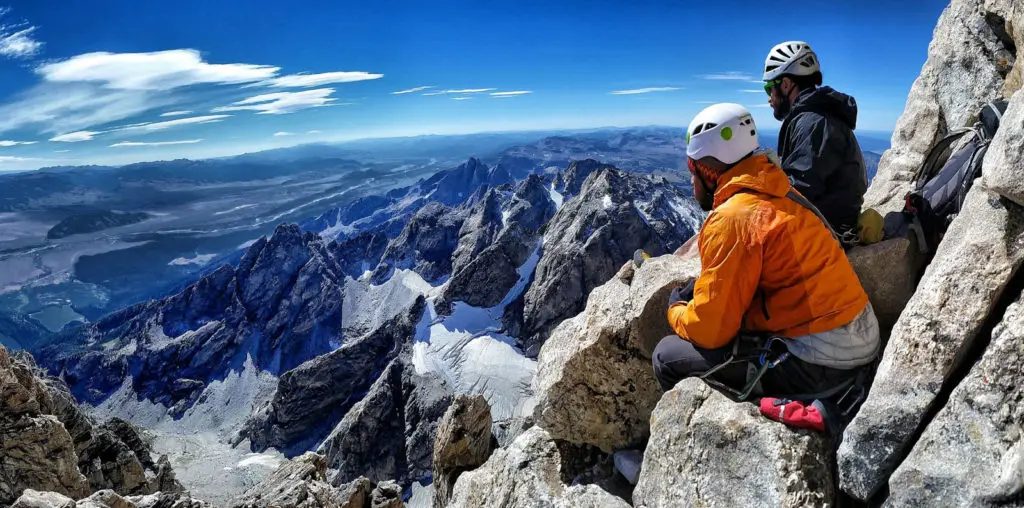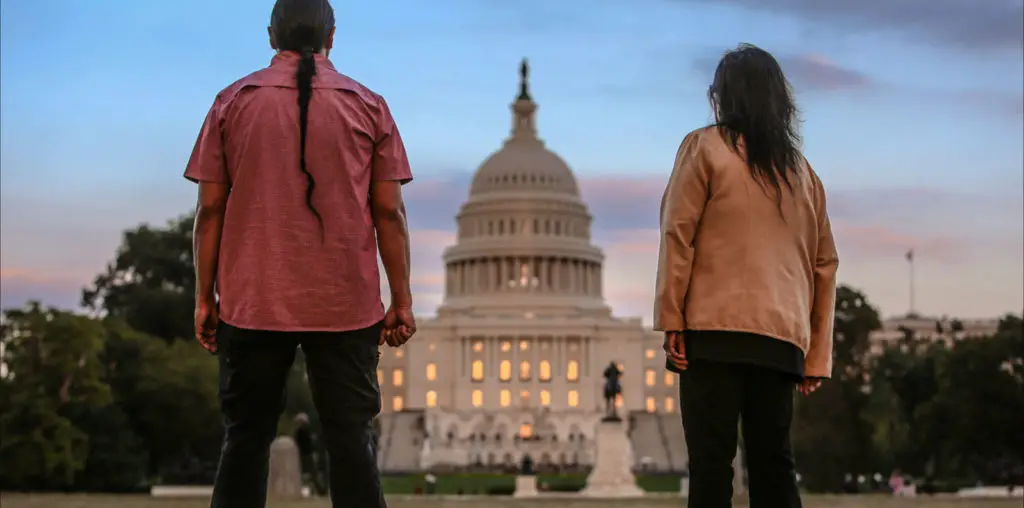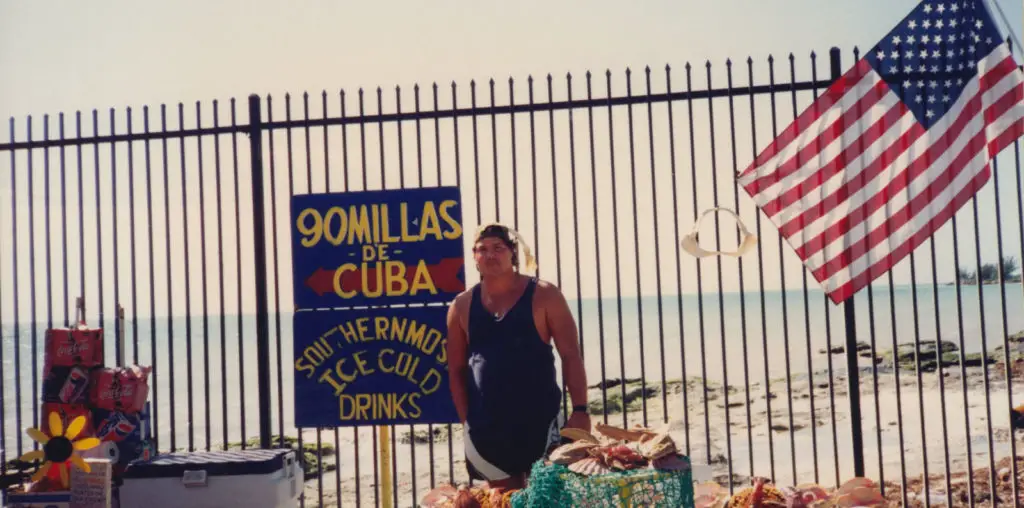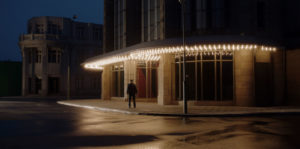
TRIBECA FILM FESTIVAL 2022 REVIEW! About one hour into Tessa Louise-Salomé’s richly emotional The Wild One, Jack Garfein recalls the moment a train dropped him and his mother Blanka off at Auschwitz. Motioning for Jack to join the other boys and men, Blanka demands her son to obey. But Jack, a young boy who just wants to remain by his mother’s side, refuses. “I never wanted to have you,” recalls Jack, with theatrical conviction in an attempt to fight back the tears. It was some of the last words his mother ever spoke to him. And it would take decades for Jack Garfein to finally realize that those hateful words were just a ruse to save his life.
Tessa Louise-Salomé’s documentary outlines the life of Jack Garfein, a controversial theater and film director, co-founder of Actors Studio West, and Holocaust survivor. Honoring his contributions to Hollywood, the film presents striking recollections from Jack Garfein, voiceover readings by Willem Dafoe, and commentary from family. As such, The Wild One is both educational and emotionally compelling.
A focal point of the documentary is insights into Jack Garfein’s only two feature films: his directorial debut, The Strange One (1957), and Something Wild (1961). Now deemed as two projects ahead of their time, the films tackled issues such as homosexuality, race, and violence. Though audiences would be more inclined to praise such commentary on these topics today, they are what got him “banned” as a director in Hollywood.
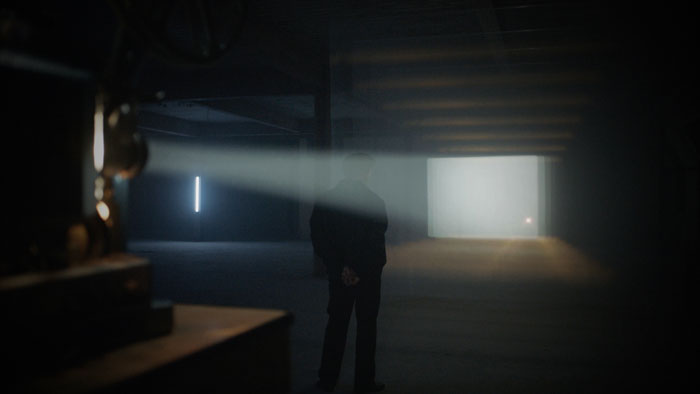
“…outlines the life of Jack Garfein, a controversial theater and film director…”
Columbia Pictures shunned The Strange One for featuring Black actors in a racially segregated 1957 United States. Garfein, who knew the life of discrimination and unfair treatment in concentration camps, refused to give into the studio. No stranger to controversy, Garfein returned with Something Wild. The story captures the aftermath of rape victim Mary Ann (played by Garfein’s then-wife Carroll Baker) after her attempt at suicide. Critics and audiences panned the film as Mary’s savior was none other than her rapist.
Initially, it may be hard to imagine why a person with Garfein’s past would create projects centered around trauma and sexual violence. But in these films, he had one goal in mind. Garfein not only lived through a historical nightmare, but he was able to capture them through his work. And by doing so, he understood the human condition and found a way to heal in the process.
While the subject is a compelling muse to build a story around, Louise-Salomé’s doesn’t always find its footing through delivery. For one, it may take viewers a while to get used to the nontraditional format that viewers may be accustomed to. For example, the documentary doesn’t tell Garfein’s story in chronological order. As a result, the film is hard to follow at times. Additionally, the voiceover work from Dafoe doesn’t feel as effective as it could have been likely because he’s telling someone else’s story in the same film that treats audiences to Garfein’s personal recounts.
Despite these hindrances, The Wild One should be compelling enough for any film historian or documentary fan. Blending old film clips and photos with commentary from Jack Garfein’s friends and family, this work celebrates the controversial filmmaker with grace and style. In fact, Louise-Salomé’s documentary took home the prize for best cinematography in a documentary feature. There’s no better way to commemorate the legacy of an artist who challenged violence and racism in postwar America with passion and uncompromising vision.
The Wild One screened at the 2022 Tribeca Film Festival.
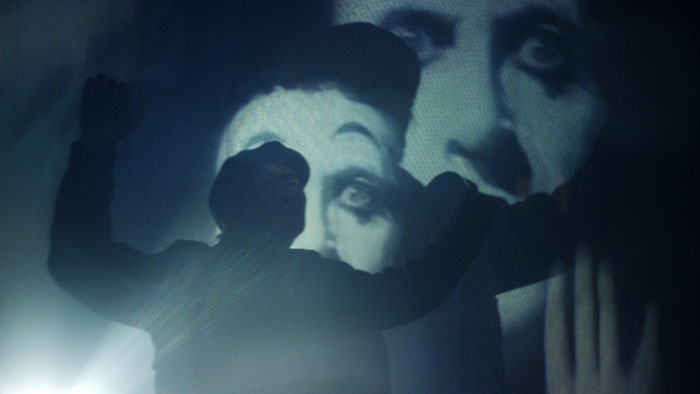
"…Tessa Louise-Salomé’s documentary "
